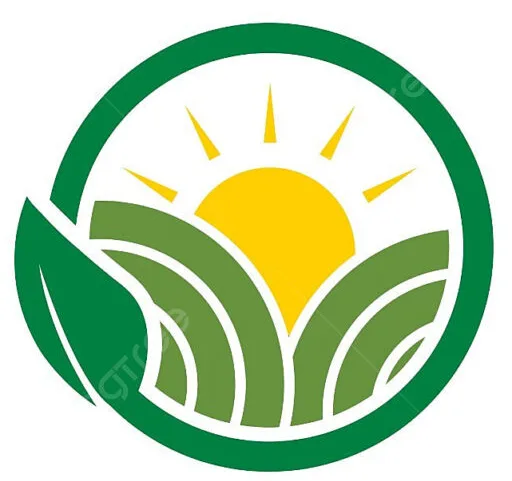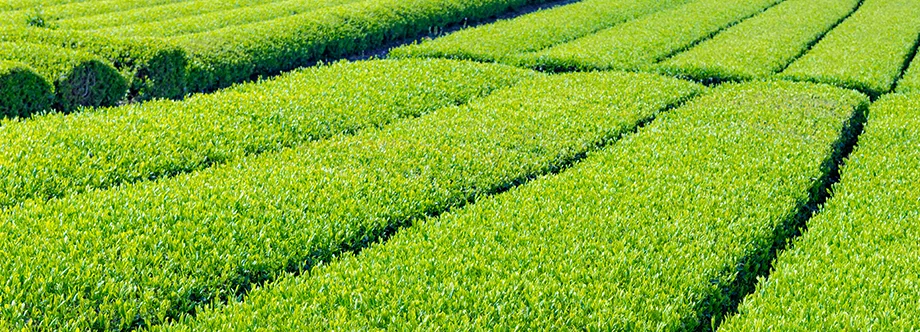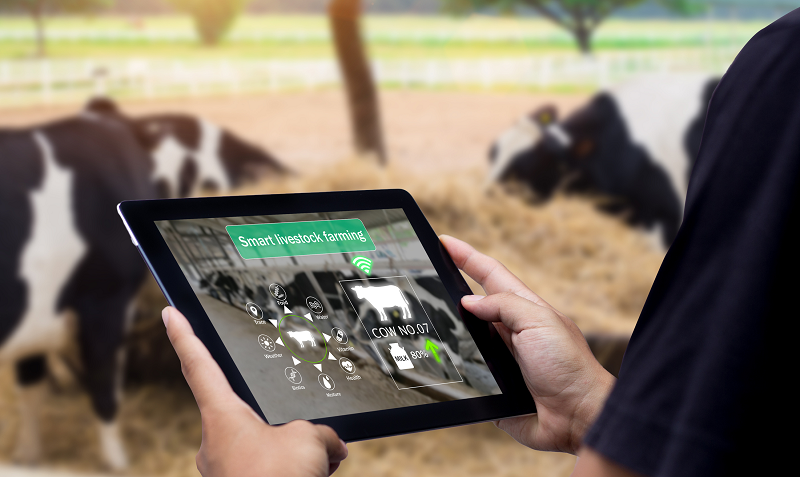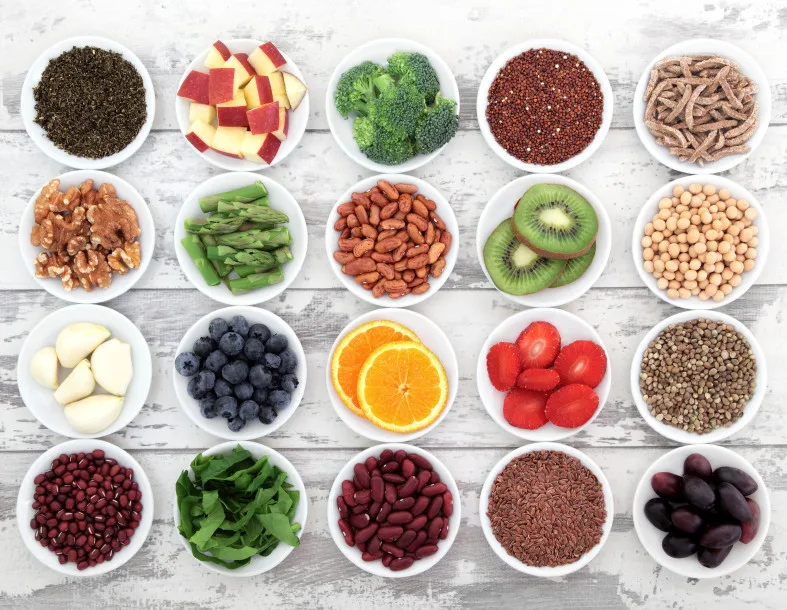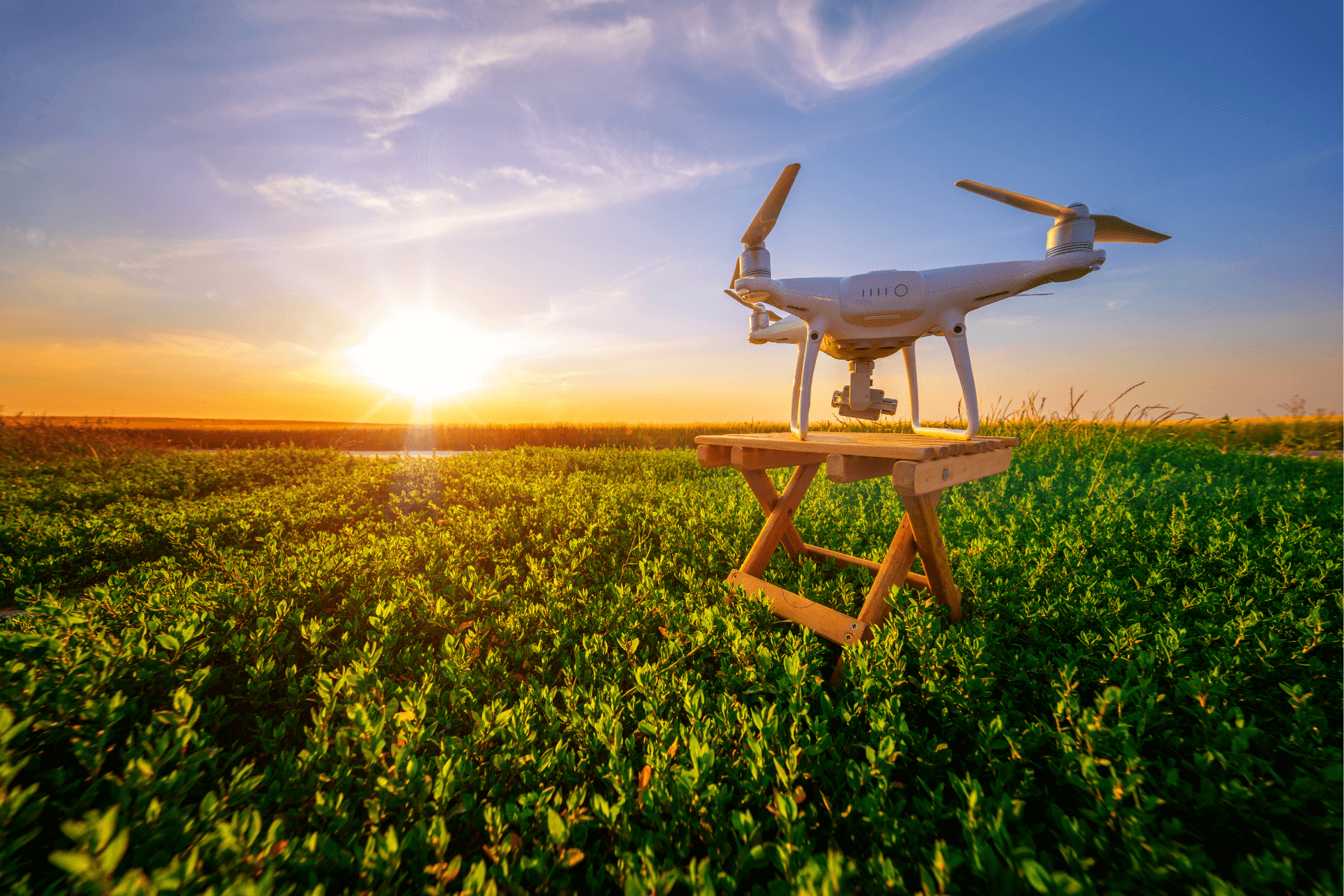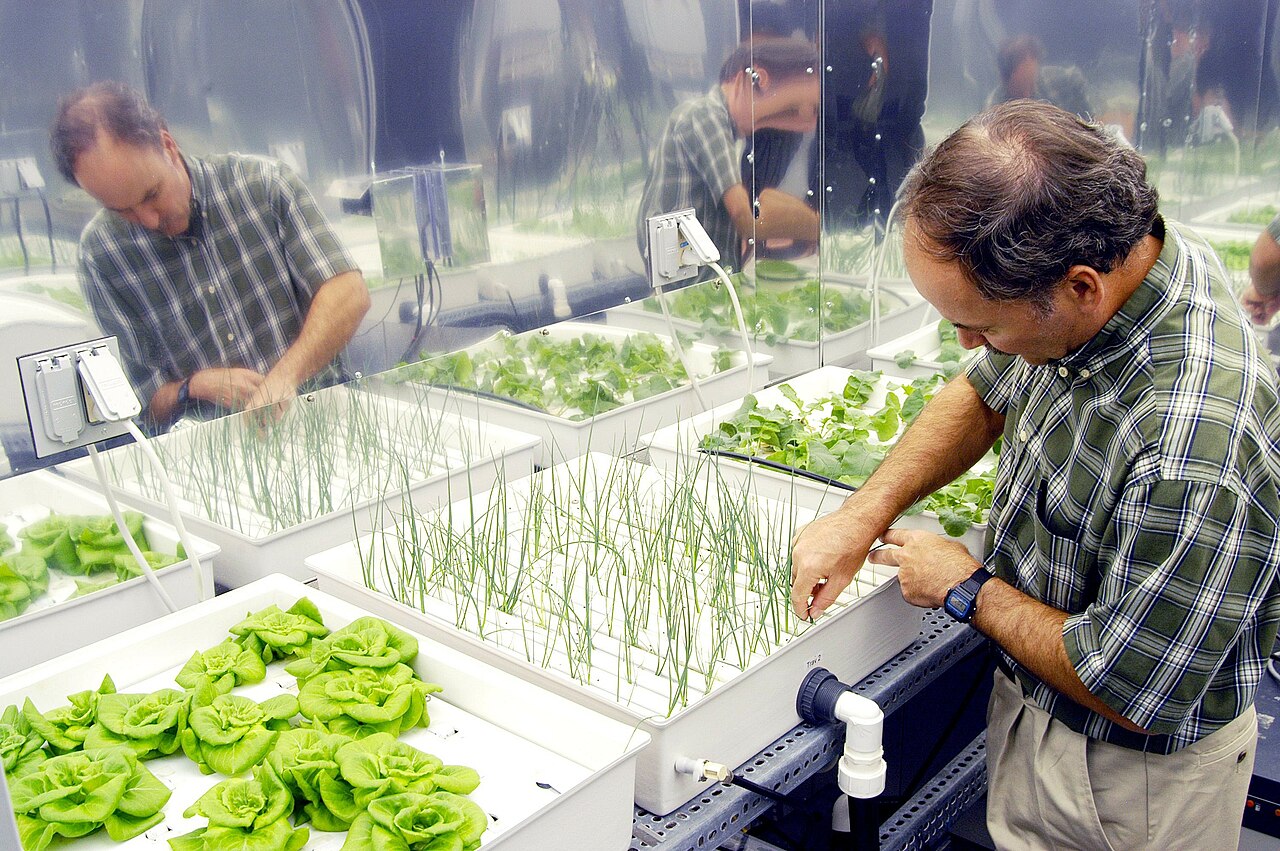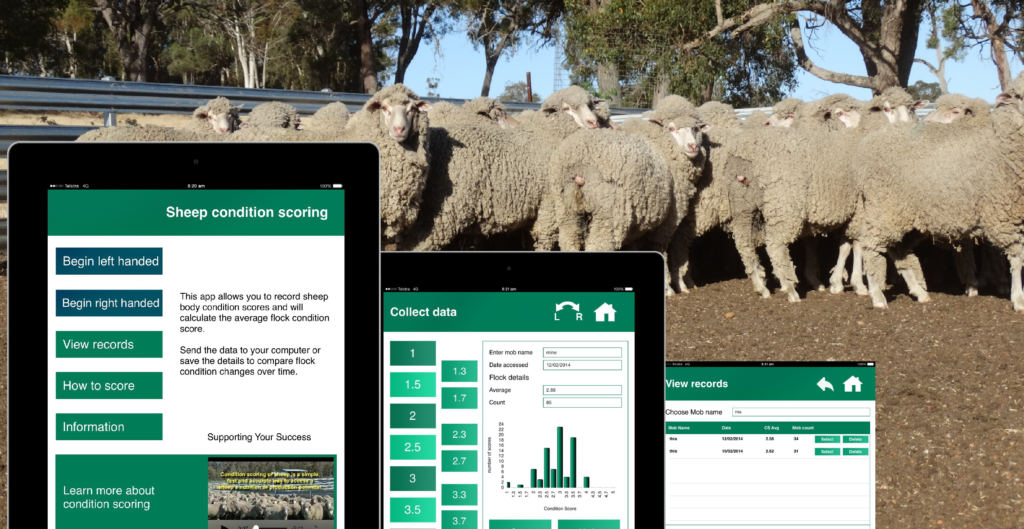In the rapidly evolving landscape of agriculture, the synergy between livestock management and blockchain technology is reshaping the way we approach smart farming. Livestock farming, a crucial sector for global food security, is witnessing transformative advancements with the integration of blockchain into the Internet of Things (IoT) framework.
Livestock management systems are being enhanced through blockchain integration, ensuring secure and transparent transactions. Imagine a cattle rancher utilizing blockchain technology to record breeding data and genetic lineage, providing buyers with verifiable information about the animals’ quality. This transparency builds trust among consumers and facilitates fair transactions within the supply chain.
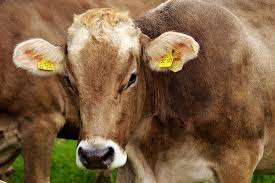
This article explores the innovative strides in leveraging blockchain-assisted IoT in smart livestock farming and its implications for efficiency, transparency, and sustainability in the industry.
The Intersection of Livestock and Blockchain Technology
Livestock, comprising animals such as cattle, poultry, and swine, plays a pivotal role in meeting the world’s demand for protein-rich food sources. However, traditional livestock management practices often face challenges such as data fragmentation, lack of transparency, and inefficient supply chain management. Enter blockchain technology, a decentralized and immutable ledger system, offering unprecedented solutions to these challenges. By integrating blockchain into livestock management systems, stakeholders can ensure secure and transparent transactions, traceability of products, and streamlined data management processes.
Transparency and Traceability
Blockchain’s immutable nature ensures transparency and traceability in every aspect of livestock farming. From animal health records to feed and medication administration, each transaction is recorded and timestamped, providing an auditable trail of the animal’s journey from farm to fork. This level of transparency not only instills consumer confidence but also enables farmers to adhere to stringent regulatory standards and quality assurance protocols.
When consumers purchase beef products from Green Acres Ranch, they can scan the QR code on the packaging using their smartphones. Instantly, they gain access to a wealth of information about the animal’s journey, including:
- Health Records: Details about vaccinations, medical treatments, and dietary supplements administered to the animal.
- Genetic Lineage: Information about the animal’s breed, pedigree, and genetic traits, ensuring transparency in breeding practices.
- Environmental Impact: Insights into the animal’s carbon footprint, water usage, and ecological footprint throughout its lifecycle.
- Ethical Treatment: Documentation of the animal’s living conditions, access to pasture, and humane handling practices, aligning with consumer preferences for ethical sourcing.
Supply Chain Efficiency
The integration of blockchain and IoT in livestock farming revolutionizes supply chain management by optimizing efficiency and reducing operational costs. Smart contracts, powered by blockchain technology, automate contractual agreements between farmers, suppliers, and distributors, eliminating intermediaries and minimizing transactional friction. Additionally, IoT-enabled devices collect vast amounts of data on factors like environmental conditions, feed consumption, and animal behavior, enabling predictive analytics and informed decision-making throughout the supply chain. This data-driven approach enhances operational efficiency, reduces waste, and improves resource allocation, ultimately leading to a more sustainable livestock farming ecosystem.
Securing Livestock Data
In an era characterized by increasing concerns over data privacy and cybersecurity, blockchain emerges as a robust solution for securing sensitive livestock data. Traditional centralized databases are susceptible to hacking and unauthorized access, jeopardizing the integrity of critical information. Blockchain’s decentralized architecture distributes data across multiple nodes, making it virtually immutable and resistant to tampering. Moreover, cryptographic techniques ensure data encryption, protecting confidential information related to animal health, genetic profiles, and breeding records. By safeguarding livestock data, blockchain instills trust among stakeholders and fosters collaboration across the agricultural value chain.
Empowering Stakeholders Through Decentralization
One of the most significant advantages of blockchain-assisted IoT in smart livestock farming is its potential to empower stakeholders through decentralization. Historically, farmers have faced challenges related to market access, pricing transparency, and fair compensation for their produce. Blockchain disrupts this paradigm by providing a decentralized marketplace where farmers can directly connect with consumers and negotiate fair prices for their livestock products. Through smart contracts and tokenization, farmers can tokenize their livestock assets, enabling fractional ownership and investment opportunities for a broader range of investors. This democratization of the agricultural economy fosters inclusivity and resilience in the face of market fluctuations and geopolitical uncertainties
Blockchain Technology and Animal Safety
Blockchain technology ensures animal safety by providing transparent and immutable records of their health, welfare, and treatment. For example, in a poultry farm, blockchain can track vaccinations, feed quality, and environmental conditions, ensuring optimal conditions for the birds’ well-being. This transparency builds consumer trust and enhances animal welfare standards across the industry.
Furthermore, blockchain technology enables swift and accurate traceability in the event of disease outbreaks or food safety concerns. By recording every transaction and movement of animals on the blockchain, authorities can quickly identify the source of contamination and take targeted action to mitigate risks. This proactive approach to disease control safeguards both animal health and public health, preventing widespread outbreaks and ensuring the safety of livestock products for consumers.
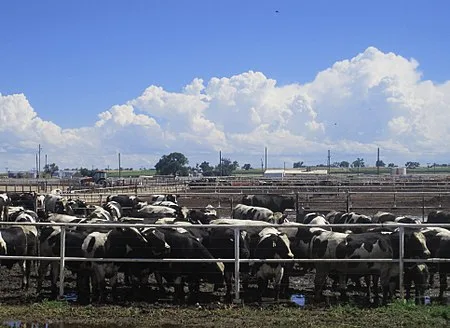
The Bottom Line
In 2024, the integration of blockchain into smart livestock farming is revolutionizing the industry, offering unprecedented transparency, efficiency, and security. From ensuring traceability of animal products to empowering farmers with decentralized market access, blockchain is reshaping the way we approach livestock management. As more stakeholders recognize the potential of blockchain technology, the livestock industry is poised for a future driven by innovation, sustainability, and ethical stewardship.

